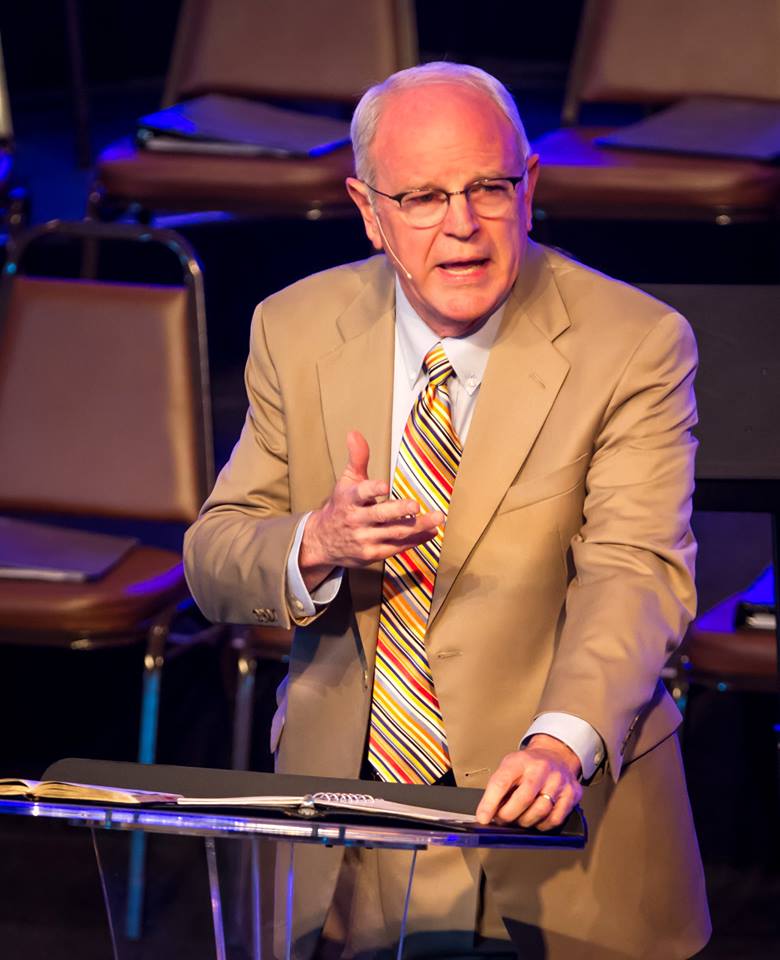
The time between the resignation of one pastor and the call of another is often seen as uncreative and unproductive time. Some feel it is wasted time. Others fear the congregation will lose members or dollars. Still others are in a rush to call a new pastor as quickly as possible so that things can return to “normal.”
Significant studies of hundreds of interim congregations over the past thirty years are now showing that the interim between pastors can be an important time in congregational life. R. Neil Chafin, an experienced consultant to congregations, says, “The way a congregation chooses to use its interim time will shape congregational growth, identity, and health for years to come. We also know that what is done in the interim time really determines whether the new minister and congregation will form a solid ministry team.”
Congregations which fail to make wise use of this interim time tend to repeat their history with the new minister. This can lead to pain and confusion for the minister and prevent the congregation from achieving its goals of spiritual growth for its members and ministry to its community.
Expectations of ministers and churches vary enormously. Membership in many churches is either level or decreasing. Many congregations are unsure of their future, and each generation has differing expectations of church. The interim is the best time to talk about and clarify these hopes and questions about church life. This leads to a better call process for the new pastor.
Focus Points
Research led by Dr. Loren B. Mead identified five focus points for churches in the interim. The interim congregation engages in a self-study that is based upon these points.
Heritage
The congregation takes an objective look at the church’s history and allows that review to be a platform on which they move forward into the future. This task is foundational for all other tasks. It presents an opportunity for the congregation to actively examine the past and discuss the lessons learned from that review.
Leadership
Every congregation must consciously develop its ordained and lay leadership for ministry and for incorporating younger and newer members into its body. The interim is an excellent time to review leadership development, the way a church is organized, and the manner in which decisions are made on how to best use the congregation’s resources.
Connections
A congregation has often learned to see the denomination through the eyes of its former pastor. With increasing polarization of theological differences, it is crucial that each local congregation clarify its mainstream theological belief. A congregation that does not deal with this aspect of its life runs a strong risk of calling a minister who does not align theologically with the congregation. The interim time is a natural opportunity for the congregation to be introduced or reintroduced to the rich resources available through the denominational offices. It also provides an ideal chance to look at the ministries and missions the congregation supports that are not related to the denomination.
Mission
Over time, congregations tend to develop a self-image that is based on something other than current reality. This period of transition presents an opportunity for a congregation to take a fresh look at reality and ask the questions, “Who are we?” “Who do we believe God wants us to be?”
Future
All of the work that is done in the transition time helps the congregation prepare for and select a person who fits the pastoral needs for the next stage of the congregation’s ministry and mission. In a very practical sense, however, this is the last task to be “officially” addressed and is still in process after the intentional interim minister leaves and the installation of the new pastor has taken place.
These are the five crucial focal points of a congregation in search of a new pastor. Thoroughly engaging in these tasks, with wide participation by congregational members, greatly enhances the chance for effective ministry with a new pastor. Addressing these tasks is a process developed and facilitated on site by a trained interim specialist. There is no “program” that will do the job.
The Intentional Interim Pastor
Church leaders need outside help in working through the self-study described above. Such help can be secured in at least two ways. The best assistance is normally provided by an Intentional Interim Pastor. At times the church may engage the services of a Transition Consultant who teams with an Interim Pastor not trained in the process.
The Transition Team
Intentional Interim Ministry is a congregational process. Leadership for this process is vested in a group of church members chosen by the congregation, referred to as the Transition Team. These are the spiritually wise, trusted and respected individuals in the church who are representative of the differences in the congregation. The Team determines how best to engage the congregation in addressing the developmental tasks. This also is the group who determines when the congregation is ready to begin the search for a new pastor.
